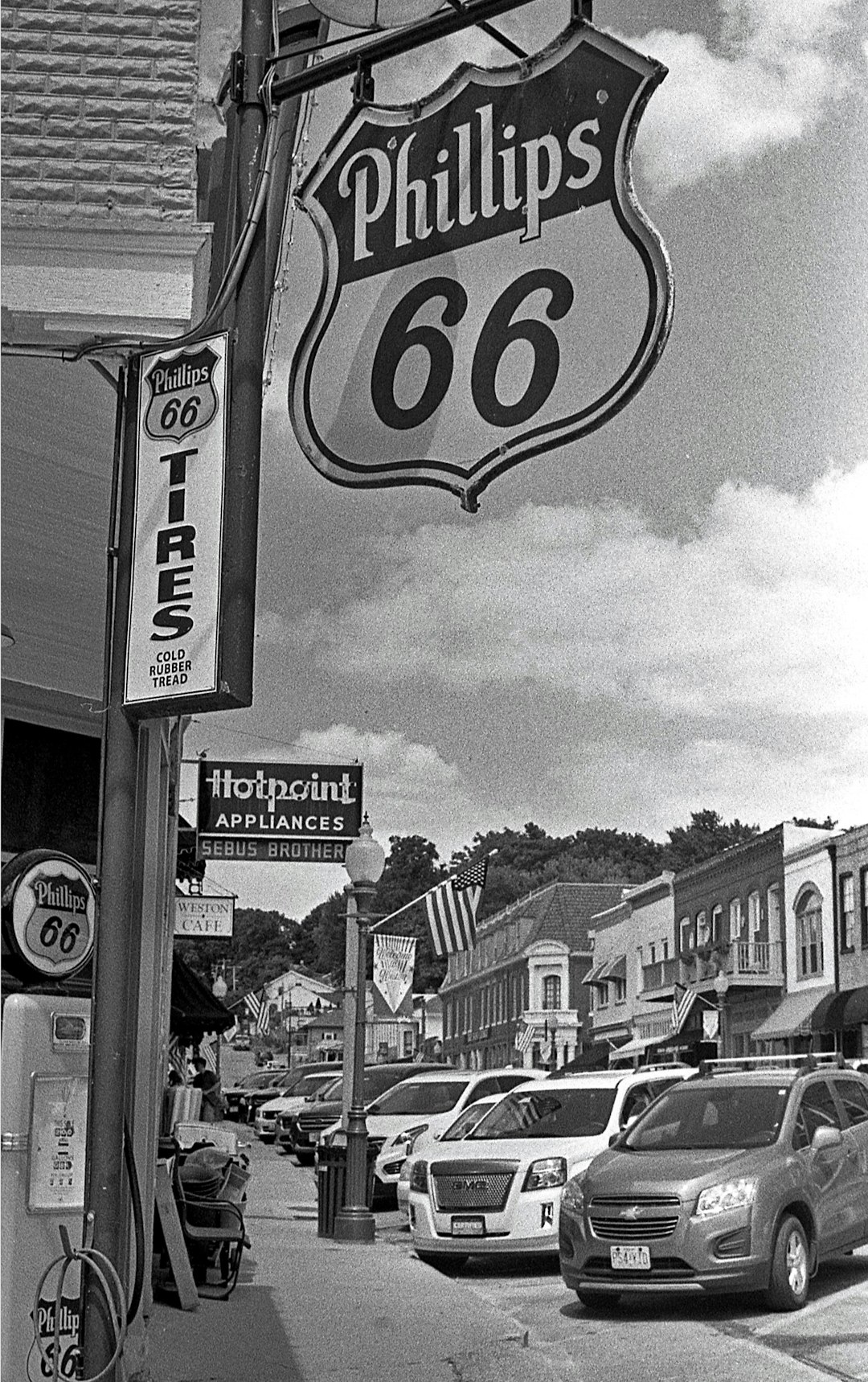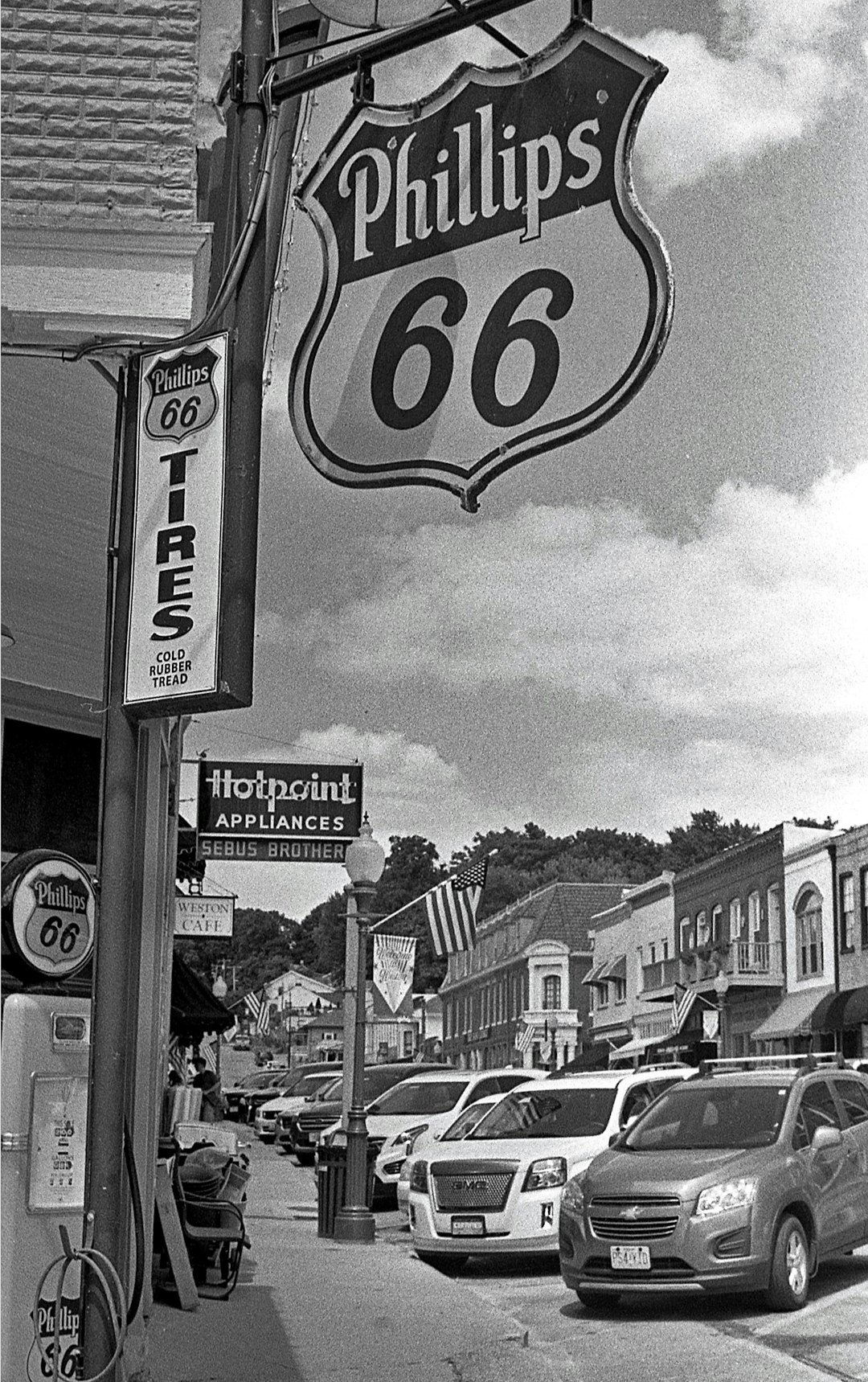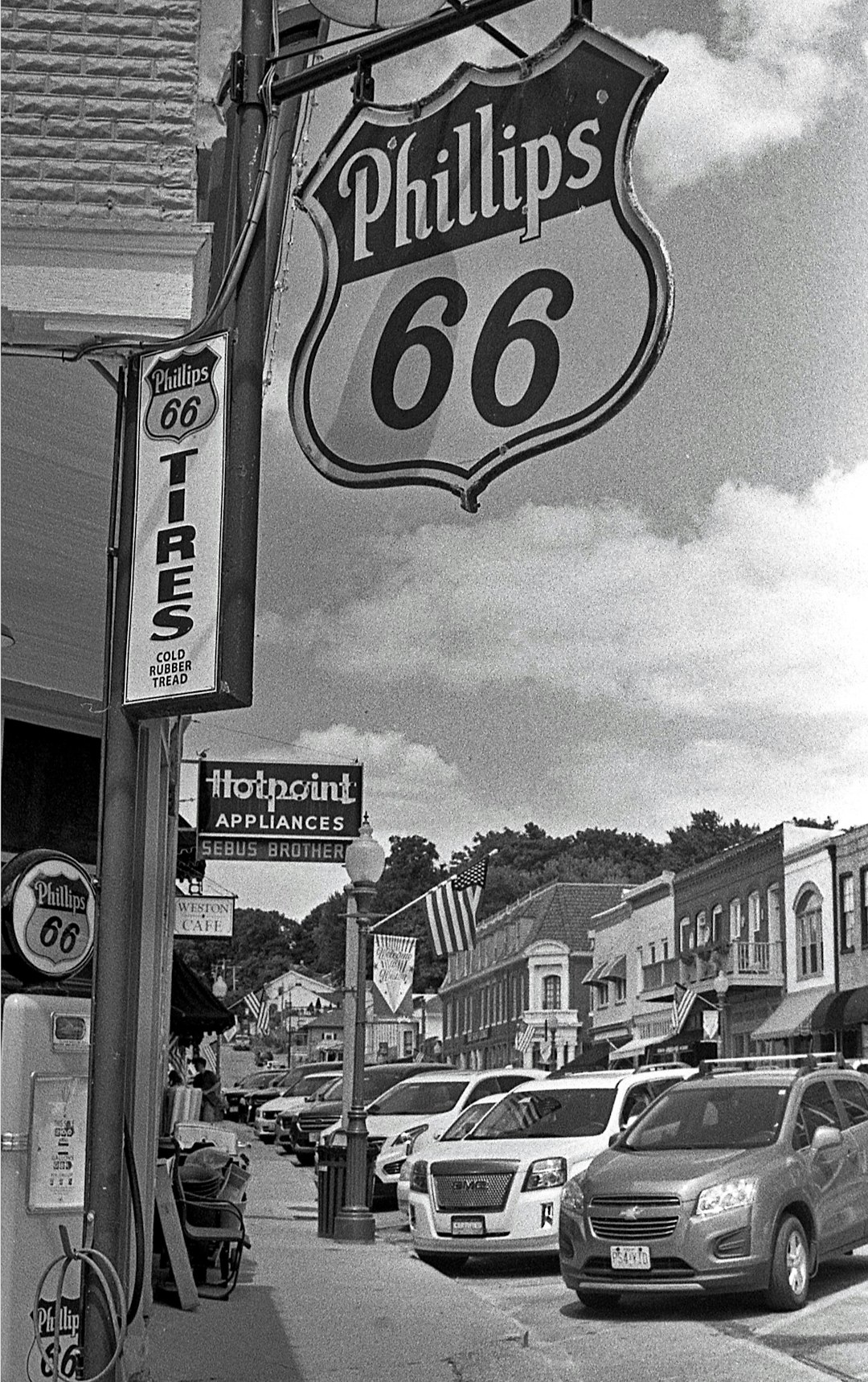Spam calls (robocalls) are a growing problem in Missouri, but state laws like the Telephone Consumer Protection Act (TCPA) offer protection. Missouri governments fight spam by educating residents on blocking calls and working with lawyers to take legal action against spammers. Consulting with a Spam Call Law Firm or TCPA lawyer helps residents stop nuisance calls and ensure businesses adhere to ethical marketing practices.
In the digital age, spam calls have become a pervasive and annoying issue for Missouri residents. With an estimated 1.5 trillion spam texts sent annually, these unsolicited calls not only disrupt daily life but also pose significant privacy risks. This article explores how local governments in Missouri can play a pivotal role in raising awareness about spam calls, educating citizens on the TCPA (Telemarketing Consumer Protection Act) and its provisions, and empowering them with tools to combat this nuisance through collaborative spam call law firms and lawyers in Missouri. By understanding the impact and legal framework, local communities can effectively initiate strategies to stop spam calls Missouri.
Understanding Spam Calls and Their Impact in Missouri

Spam calls, often referred to as robocalls, have become a significant nuisance in Missouri, much like across the nation. These automated phone calls, typically originating from telemarketing or fraudsters, are designed to bombard recipients with unwanted marketing messages or even scam attempts. The sheer volume and aggressive nature of spam calls can significantly impact the daily lives of Missourians, leading to stress, frustration, and potential financial harm.
Missouri residents often find themselves struggling to manage these relentless calls, especially when they involve illegal or misleading practices. In response, both state and local governments are implementing strategies to educate citizens on how to stop spam calls Missouri-wide. This includes awareness campaigns that highlight the existence of specific laws, like the Telephone Consumer Protection Act (TCPA), which provides consumers with tools to combat these nuisance calls. Engaging with a spam call law firm or consulting spam call lawyers in Missouri can offer much-needed guidance for those affected by these practices.
The Legal Framework: TCPA and Its Relevance

In Missouri, the fight against spam calls is heavily guided by the Telephone Consumer Protection Act (TCPA), a federal law designed to safeguard consumers from unwanted phone marketing practices. This legislation plays a pivotal role in how local governments and citizens can navigate and respond to the deluge of spam calls. Understanding TCPA regulations is essential for anyone looking to explore ways to stop spam calls in Missouri, as it provides a legal framework that both restricts businesses’ practices and empowers consumers with rights.
For residents of Missouri considering their options to combat spam calls, consulting with a qualified spam call law firm or lawyer specializing in TCPA cases can be beneficial. These legal experts are well-versed in the nuances of the act and can guide individuals on how to assert their rights, file complaints, or even take legal action against persistent spam callers. By leveraging the strengths of the TCPA, Missourians can actively participate in creating a more nuisance-free environment while also ensuring that businesses adhere to ethical marketing standards.
Strategies and Collaboration: Local Government's Role in Awareness Campaigns

Local governments play a pivotal role in combating spam calls and enhancing consumer awareness, especially in states like Missouri where such calls are a prevalent concern. To effectively tackle this issue, they employ various strategies tailored to their regions. These include public education initiatives, collaboration with telecommunications providers, and partnerships with law enforcement agencies. By organizing workshops, webinars, and community events, local governments can teach residents about the legal frameworks aimed at curbing spam calls, such as the Telephone Consumer Protection Act (TCPA).
Moreover, local authorities can facilitate collaborations between telco companies and consumer protection organizations to share data and resources. This coordinated effort ensures a more comprehensive approach to identifying and penalizing spammers. Engaging with lawyers specializing in TCPA cases is another strategic move. These legal experts can guide both businesses and consumers on their rights and responsibilities, while also representing victims of spam calls, ensuring that perpetrators face consequences under Missouri’s spam call laws.






